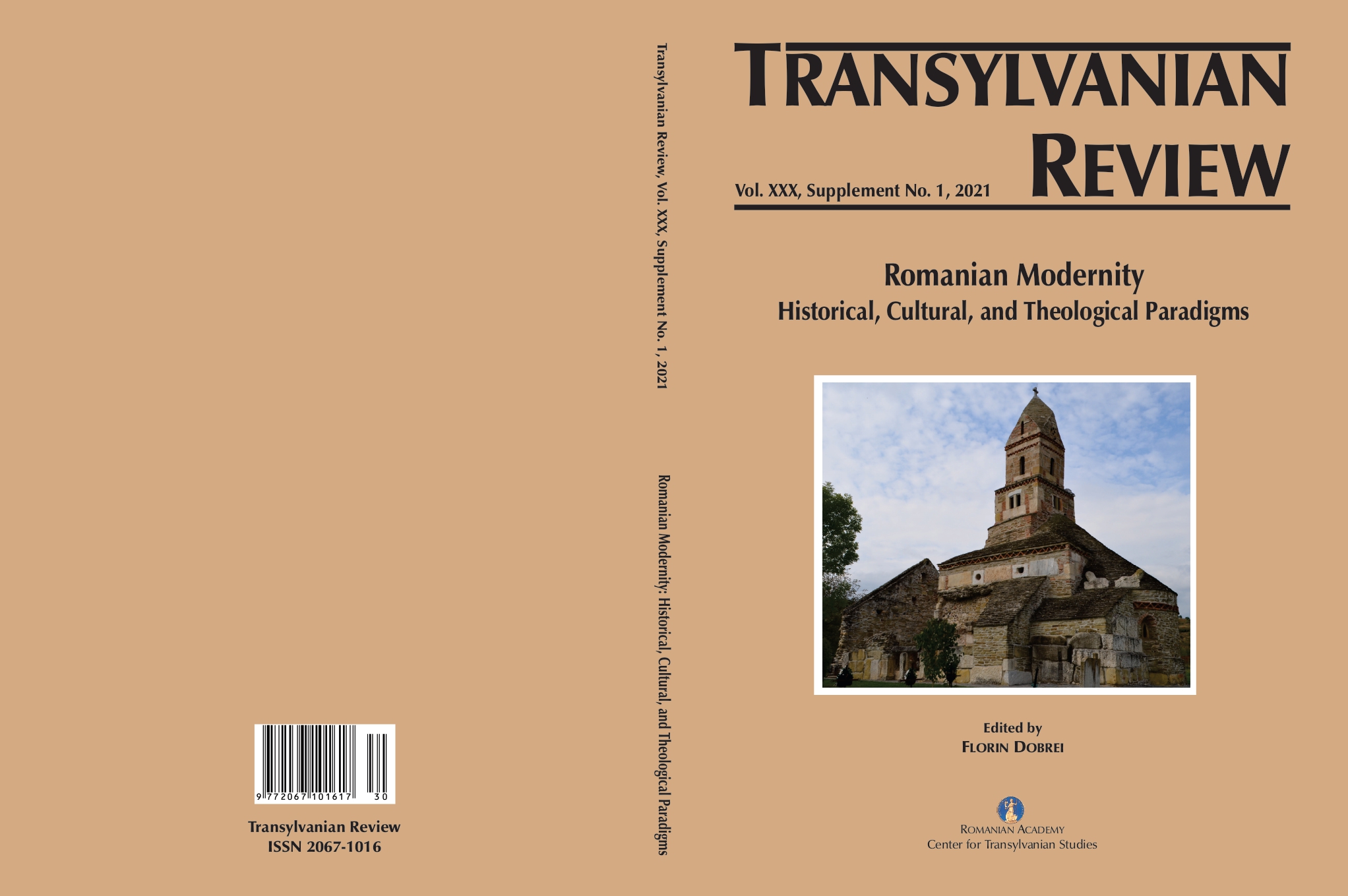The Reform of the Romanian Liturgy at the Beginning of the 18th Century: Anthim the Iberian and His Legacy
The Reform of the Romanian Liturgy at the Beginning of the 18th Century: Anthim the Iberian and His Legacy
Author(s): Dumitru A. Vanca, Mihail Khalid QaramahSubject(s): Christian Theology and Religion, Theology and Religion, 18th Century, History of Religion
Published by: Academia Română – Centrul de Studii Transilvane
Keywords: Romanian Orthodox Church; Euchologion; liturgical revision; Slavic-Romanian liturgy; premodern ecclesiastical era;
Summary/Abstract: From a diachronic perspective, the Romanian Orthodox Church entered the modern era in the 19th century, when it gained autocephaly. Establishing this chronological landmark, naturally and logically, the preceding period represents the premodern ecclesial era of the Romanian Church. This paper aims to demonstrate that an important stage of this period was represented by the church reform of the Metropolitan of Wallachia, Anthim the Iberian, at the beginning of the 18th century, a reform that also had important liturgical implications. The primary piece of his liturgical reform is the Euchologion published at Râmnic in 1706 entirely in Romanian. The authors highlight the most significant changes that the Euchologion of Anthim brought into Romanian liturgical practice regarding the celebration of the Sacraments in order to demonstrate that Anthim’s liturgical reform contributed decisively to the abandonment of Slavic liturgical practices. This new euchological paradigm, adopted during the 18th century, anticipated the modernization of the Romanian Church.
Journal: Transylvanian Review
- Issue Year: XXX/2021
- Issue No: Suppl. 1
- Page Range: 243-256
- Page Count: 14
- Language: English

